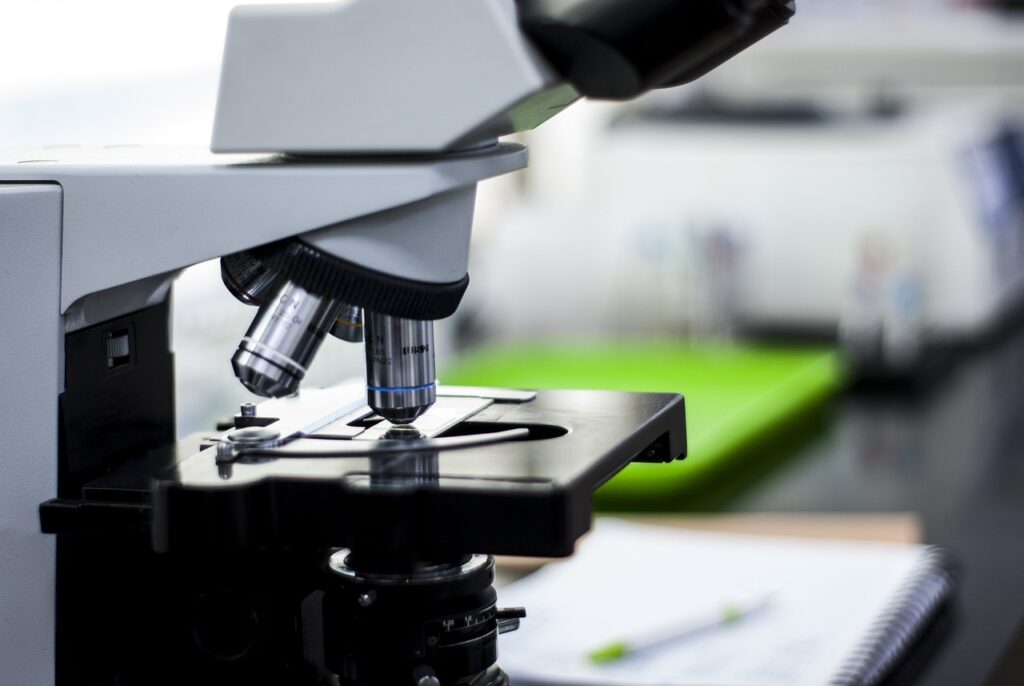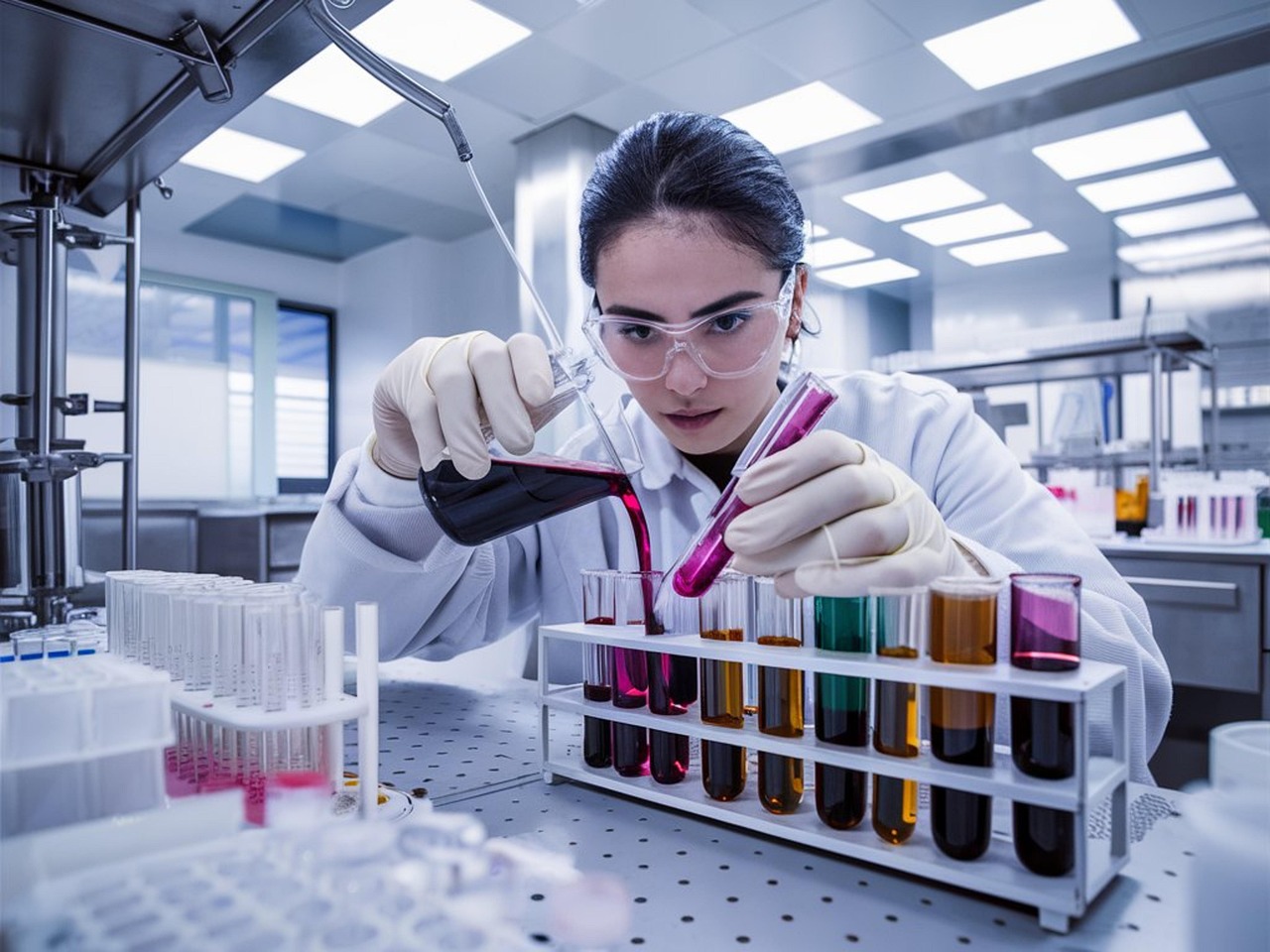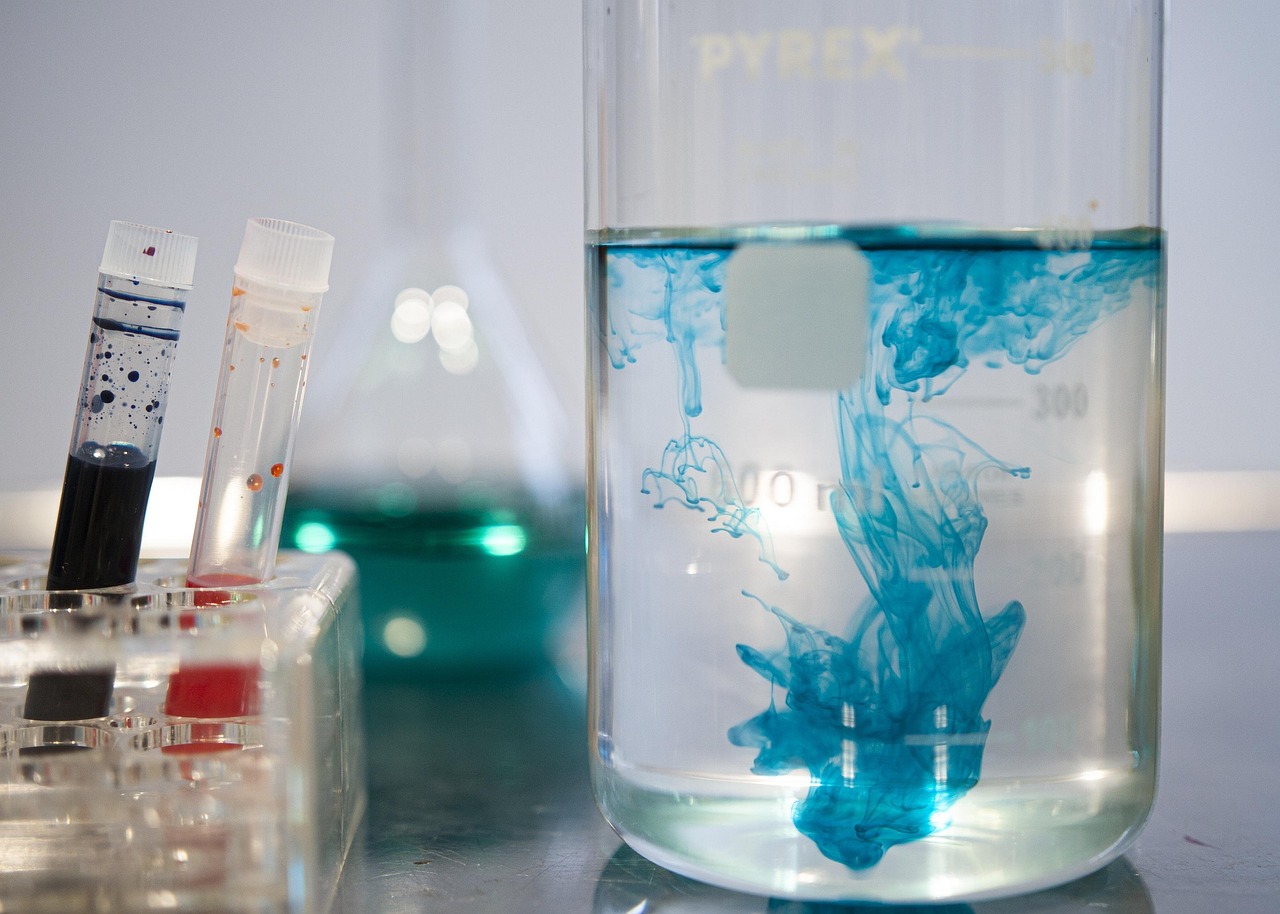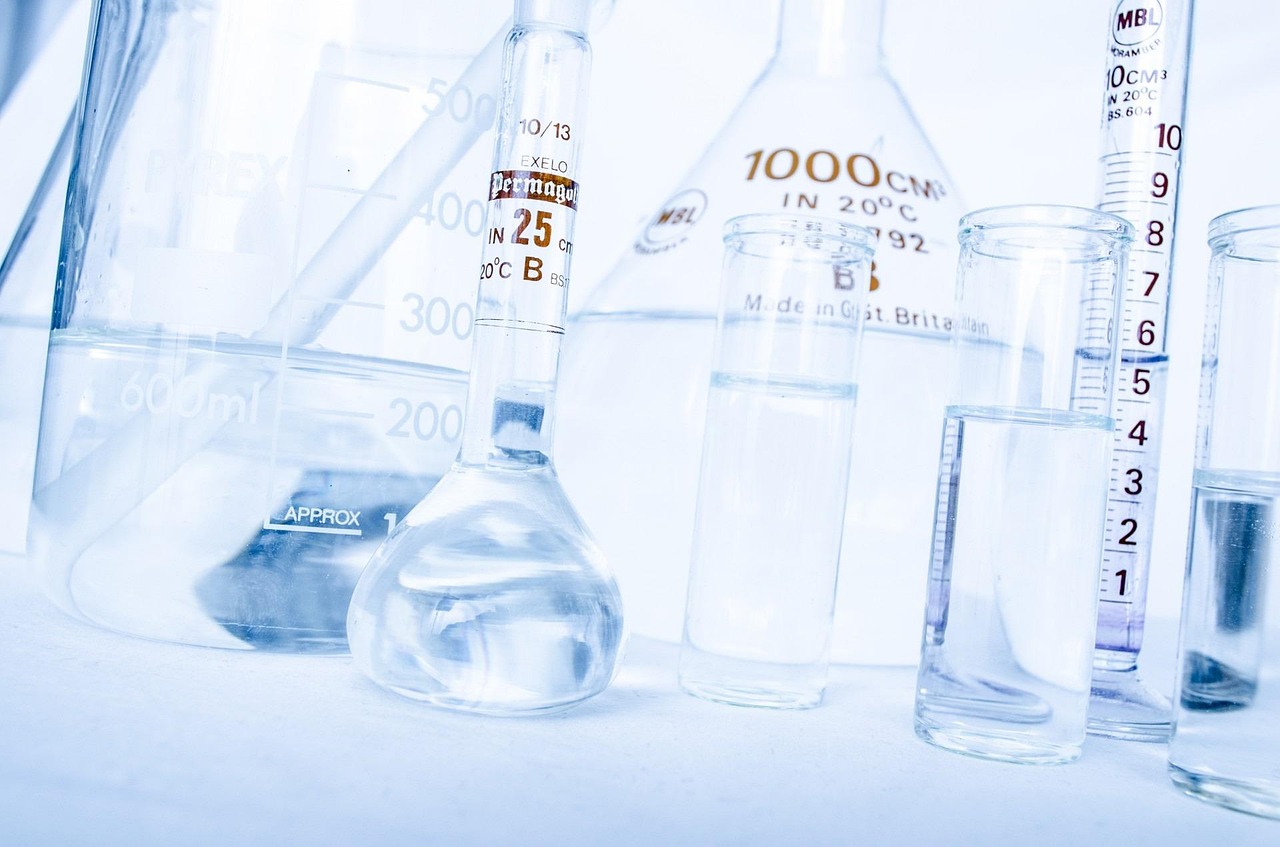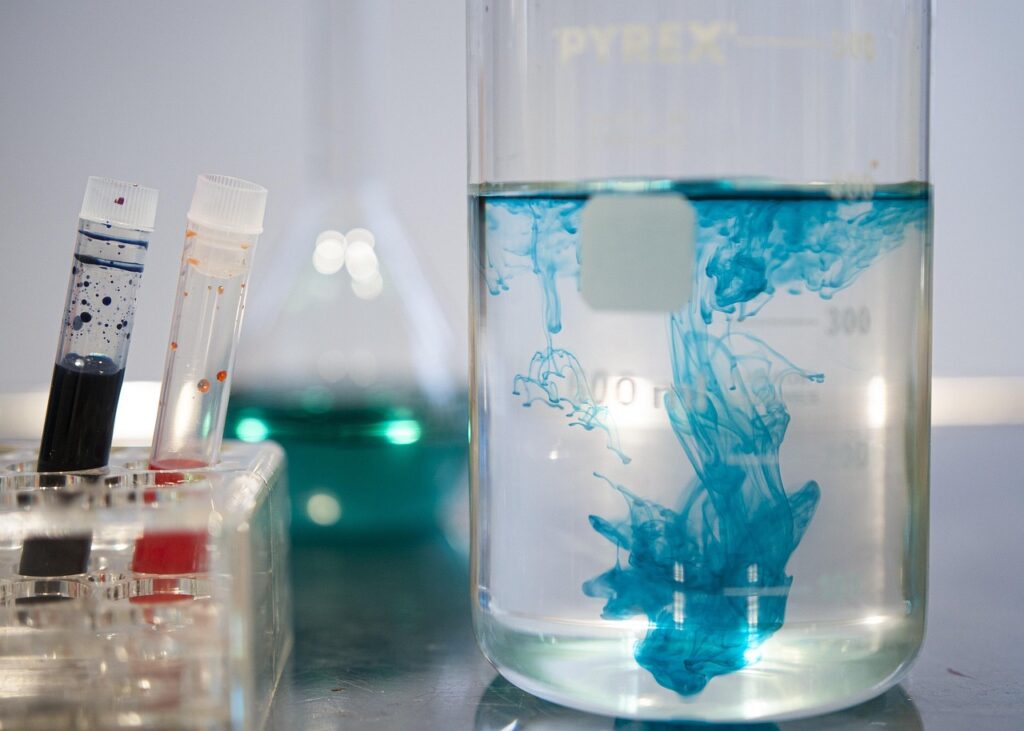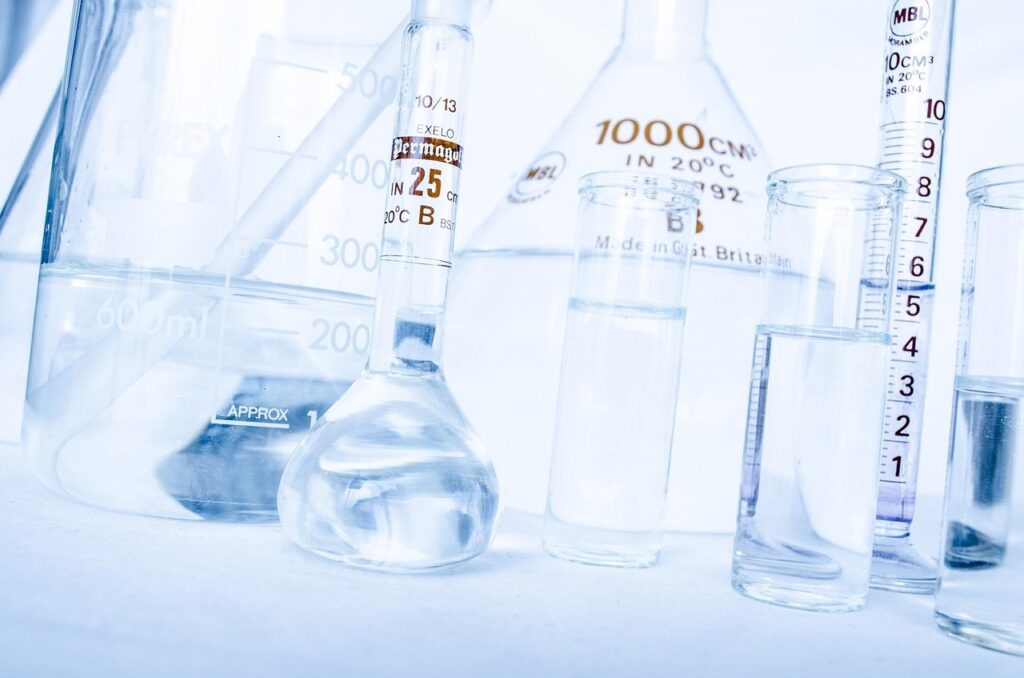In today’s fast-paced, globally linked environment, customers are more conscious of the safety and quality of the food they eat. As a result of this increased awareness, demands for assurance, accountability, and openness from food suppliers and producers have arisen. A key component of the food sector, food quality assurance is essential to maintaining consumer confidence. However, what is food quality assurance exactly, and how does it help to establish and preserve consumer trust? Let’s investigate.
Understanding Food Quality Assurance
The procedures, guidelines, and procedures used by food producers and suppliers to guarantee that their goods fulfill predetermined safety and quality criteria are referred to as assurance. At every step of the food production process, from obtaining raw materials to packing and distribution, it entails stringent testing, observation, and verification.
Providing consumers with consistent, high-quality, and safe products while meeting legal standards is the aim of food quality assurance. In addition to reducing the chance of foodborne infections, this methodical strategy aids businesses in preserving their market share and reputation in a cutthroat sector.
The Role of Food Quality Assurance in Building Consumer Trust
By guaranteeing that food products are safe to eat, food quality assurance increases consumer trust. Strict testing for pollutants, including dangerous germs, poisons, and chemical residues, is how this is accomplished. Food makers may greatly lower the risk of foodborne illnesses and build consumer trust by following safety procedures and upholding strict cleanliness standards.
When it comes to customer trust, consistency is essential. Consumers anticipate that the products from their preferred brands will always be of the same caliber. Food assurance ensures this by monitoring production processes and implementing quality control measures. Customers are more devoted to a brand when they can count on it to continuously live up to their expectations.
In the era of information, consumers demand transparency about the origins, ingredients, and production methods of their food assurance systems facilitate this by providing detailed labeling, traceability, and certifications. Transparency initiatives reassure consumers that their food has been produced ethically and safely. This open communication fosters trust and encourages informed purchasing decisions.
Compliance with local and international food safety regulations is a critical aspect of food quality assurance. These standards, which include guidelines from organizations like the FDA, FSSAI, or EFSA, ensure that food products meet safety and quality benchmarks. When consumers see certifications or compliance labels on packaging, it reinforces their trust in the product and the brand.
Food recalls have the potential to seriously harm a business’s brand and undermine customer confidence. Recall risk can be reduced by putting strong food assurance procedures into place, which can assist in spotting such problems early in the production process. A well-documented quality assurance system enables businesses to respond promptly and ethically in the extremely unlikely event that a recall does take place. Rebuilding trust during a recall can be facilitated by proactive steps and transparent communication that shows a dedication to consumer safety.
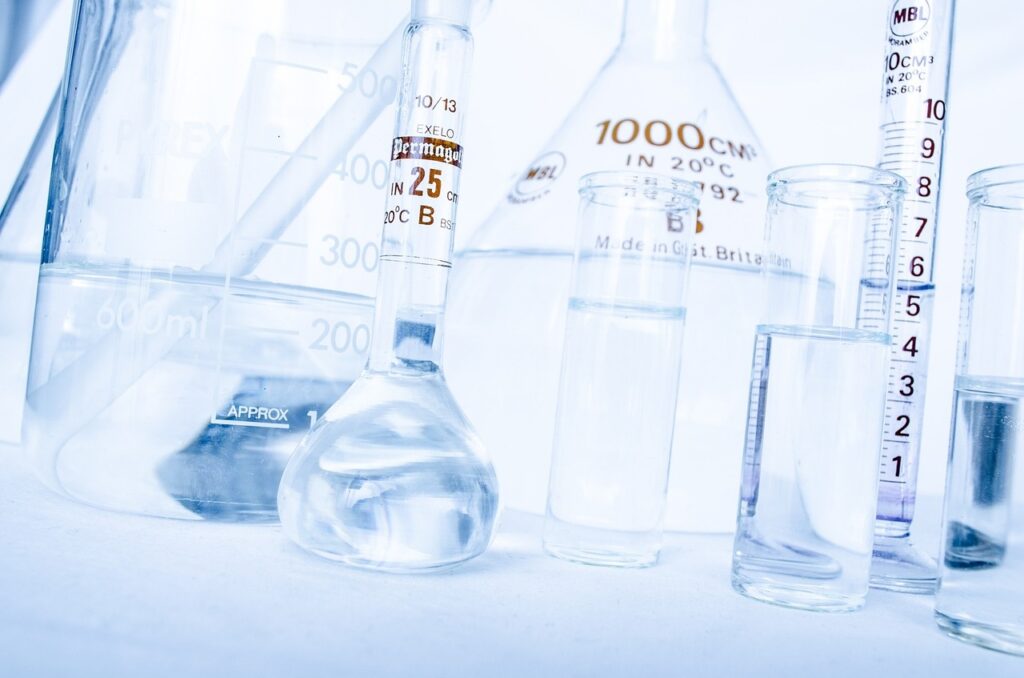
Benefits of Food Quality Assurance for Consumers and Businesses
Knowing that their food satisfies safety regulations and is free of toxins gives consumers peace of mind. Having access to comprehensive product details and certifications boosts customer trust. Long-term loyalty is fostered by consistently high-quality items. Businesses get more credibility and trust when they exceed customer expectations. Following food safety regulations helps you stay out of trouble with the law. Strong quality assurance procedures help businesses stand out in the marketplace.
Moreover, businesses benefit from reduced operational risks and costs. By detecting and addressing quality issues early in the production cycle, companies can avoid expensive recalls, fines, and potential legal battles. Quality assurance practices also open up opportunities for market expansion. Products that meet international standards can be exported to global markets, helping companies increase revenue and reach.
The Future of Food Quality Assurance
Food quality assurance is being revolutionized by the use of cutting-edge technology like blockchain, artificial intelligence (AI), and Internet of Things (IoT) devices. Blockchain guarantees traceability and transparency, and AI-powered systems can identify irregularities and anticipate possible quality problems. Temperature, humidity, and other vital parameters may be tracked in real-time during production and transit thanks to IoT devices.
Sustainability is becoming a key consideration in food assurance. Consumers are increasingly concerned about the environmental impact of their food choices. Companies that integrate sustainable practices, such as reducing waste and sourcing ethically, into their quality assurance programs are more likely to win consumer trust.
Food quality assurance will have to change as the need for customized nutrition increases in order to accommodate different dietary requirements and preferences. This could involve nutritional profile catered to particular customer groups, allergen testing, and personalized labeling. Organizations may stay ahead of the curve and preserve their competitive edge by coordinating quality assurance procedures with new trends.
Conclusion
The food industry depends heavily on consumer trust, and food quality assurance serves as the cornerstone of that trust. In addition to safeguarding consumers, food assurance enhances the standing and prosperity of food enterprises by guaranteeing safety, consistency, transparency, and compliance.
In an era where informed consumers demand more from the brands they support, companies that prioritize food quality assurance are better positioned to earn and maintain trust. As technology and consumer expectations continue to evolve, the importance of robust quality assurance systems will only grow. For both consumers and businesses, it’s a win-win proposition.
Ultimately, food quality assurance serves as a bridge between producers and consumers, fostering a relationship built on trust and reliability. By continuously innovating and improving quality standards, the food industry can ensure a safer, more transparent future that benefits everyone.

